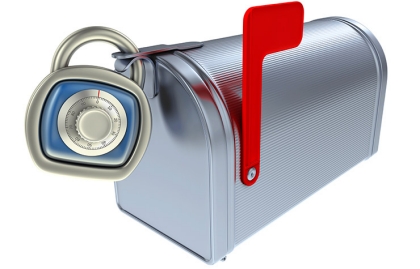Guarding your personal data, such as your identity and credit, doesn’t have to be expensive. While pricey ID protection services may be useful for some — for example, if you’ve been a past victim and want some peace of mind, or if you have reason to fear you’ll be targeted — many consumer advocates say their $100 to $300-plus annual price tag usually isn’t worth it.
Credit monitoring won’t work against fraud on existing accounts, such as bogus charges on a credit card. Rather, it alerts you to fraudulent new accounts opened in your name.
And in any case, you can replicate many of their services yourself — for free or at very low cost, says Paul Stephens of the Privacy Rights Clearinghouse, a California nonprofit.
Some of the ways include:
Credit report check
For the best protection, go to AnnualCreditReport.com and check your credit report for suspicious activity — such as new accounts being opened in your name — from each of the three major credit reporting bureaus, says Susan Grant of the Consumer Federation of America. The service is free. Only 25 percent of Americans do that with any of the three major companies (Equifax, Experian and TransUnion); only 45 percent check theirs every few years. A fourth, smaller company, Innovis, also provides free reports.
Security freeze
Usually provided free by the credit bureaus for those over 65 or past ID theft victims, this restricts access to your report. If businesses can’t see the report, they won’t approve new financial or service accounts in your name.
Fraud alert
This is always free but less secure than a freeze. It means that an institution opening a new account in your name is supposed to verify your identity directly with you.
Locking mailbox
Only 4 in 10 homeowners have key-operated mailboxes to thwart scammers from stealing mail with personal and account information. Cost: $18 and up.
An unlisted phone number
At $20 to $60 a year, it should keep you off public directories used by name-citing scammers calling with feigned “official business.”
Prepaid debit card
If your debit card is used fraudulently, you could be out a lot of money. Prepaid debit cards are safer, limiting your potential losses. “But beware of high usage fees,” warns Stephens. (AMEX’s Serve and Bluebird and Walmart’s cards are known for low-cost fees.) For $10 a month, the True Link Prepaid Visa card blocks specific purchases and alerts adult children should elders go in for sweepstakes or other potential scams.
External storage
Computer-crippling ransomware and other malware can hijack your computer or block access to its content, so back up important files off-device. A portable, encryption-enabled USB thumb drive starts at about $5.
Free monitoring
Many banks and credit card companies provide free, real-time alerts of any suspicious activity. Credit Karma offers free, no-strings credit monitoring of your TransUnion credit report; Credit Sesame does the same with Experian. At TrustedID.com, you can get alerts if your Social Security and credit card numbers show up on scammers’ black market websites. Monthly reports on public-record and commercial-database activity are available at AllClearID.com/enroll.
Protection software
Recommended freebies come from Malwarebytes, Panda Free, AVG, Avast and Bitdefender. These are basic packages, but some Internet providers offer full-strength freebies to customers.
Source: AARP
